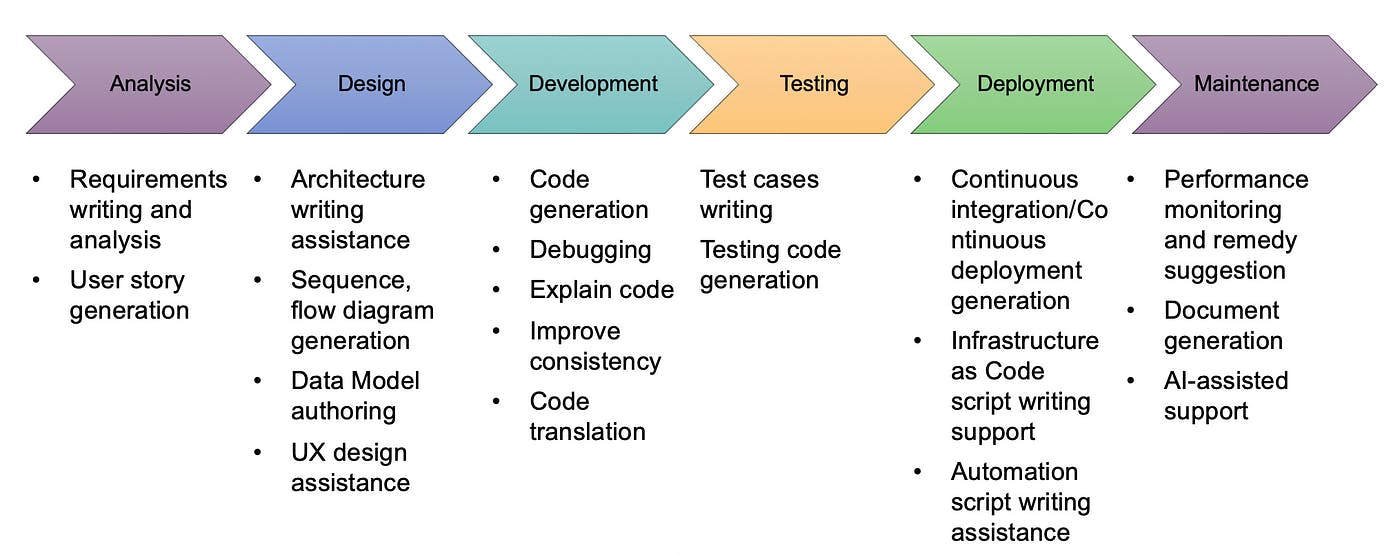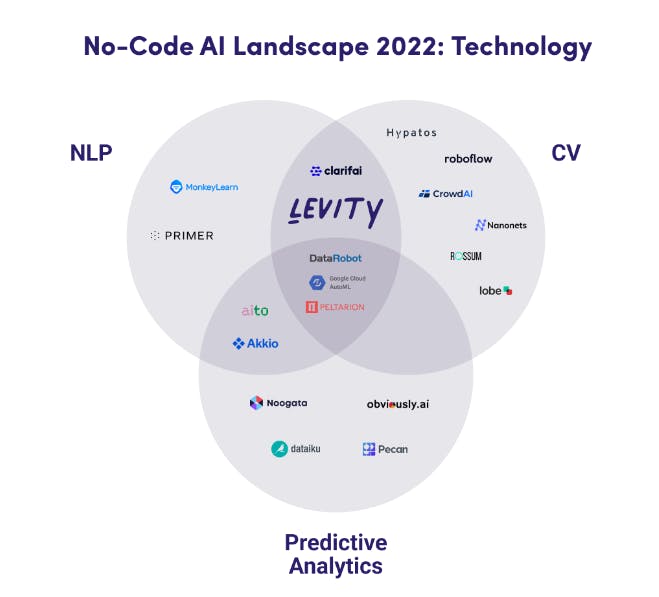What are the benefits and limitations of using AI code generators in programming?
Exploring the Pros and Cons of AI Code Generators in Programming
Introduction
In recent years, artificial intelligence (AI) has made significant strides in the field of software development, particularly with the emergence of AI code generators. These tools promise to streamline coding processes, improve productivity, and accelerate development cycles.
However, like any technology, AI code generators come with their own set of benefits and limitations.
In this detailed article, we will delve into the advantages and drawbacks of using AI code generators in programming, providing readers with a comprehensive understanding of the implications of integrating AI into the software development workflow.
Understanding AI Code Generators
Before delving into the benefits and limitations, it's essential to grasp the fundamentals of AI code generators. These tools leverage machine learning algorithms, particularly deep learning models, to analyze vast amounts of code repositories and generate code snippets, scripts, or even entire programs. The goal is to automate repetitive coding tasks, improve efficiency, and enhance code quality.
The Benefits of AI Code Generators

Increased Productivity:
One of the primary advantages of AI code generators is their ability to boost productivity by automating tedious and time-consuming coding tasks. Developers can leverage these tools to generate boilerplate code, refactor existing codebases, and prototype new features more efficiently, freeing up time for higher-level problem-solving and innovation.
Faster Development Cycles:
By automating code generation, AI code generators can significantly reduce development cycles, allowing teams to iterate more quickly and deliver software solutions to market faster. This speed is particularly beneficial in fast-paced industries where time-to-market is critical for maintaining a competitive edge.
Enhanced Code Quality:
AI code generators can help improve code quality by enforcing coding standards, identifying potential errors or vulnerabilities, and promoting best practices. By generating consistent, well-structured code, these tools can reduce the likelihood of bugs, improve maintainability, and facilitate collaboration among developers.
Accessibility and Inclusivity:
AI code generators democratize coding by making it more accessible to individuals with varying levels of programming expertise. These tools can lower the barrier to entry for aspiring developers, empower non-technical stakeholders to participate in the development process, and promote diversity and inclusion within the tech industry.
Learning and Skill Development:
While AI code generators automate repetitive tasks, they also provide opportunities for learning and skill development. Developers can analyze the code generated by these tools, learn from the algorithms' decision-making processes, and gain insights into coding best practices and patterns, ultimately enhancing their proficiency as programmers.
The Limitations of AI Code Generators

Complexity and Nuance:
While AI code generators excel at automating straightforward and repetitive tasks, they may struggle with more complex or nuanced coding challenges that require human intuition, creativity, and domain expertise. Algorithms may struggle to understand context, infer user intent, or handle edge cases effectively, leading to suboptimal code generation outcomes.
Lack of Customization:
AI code generators operate based on pre-trained models and datasets, which may not fully align with the specific requirements or preferences of individual projects or development teams. Developers may find it challenging to customize or fine-tune code generation algorithms to suit their unique needs, resulting in generic or suboptimal code outputs.
Overreliance and Dependency:
There's a risk of overreliance on AI code generators, particularly among less experienced developers who may rely too heavily on automated tools without fully understanding the underlying principles of software development. This overreliance can lead to a lack of critical thinking, creativity, and problem-solving skills, hindering professional growth and development.
Quality and Security Concerns:
While AI code generators aim to improve code quality, there's a risk that generated code may contain errors, vulnerabilities, or unintended consequences that go unnoticed during development. Developers must exercise caution when relying on AI-generated code, conducting thorough testing, code reviews, and security audits to mitigate potential risks.
Ethical and Bias Considerations:
AI code generators may perpetuate biases present in the training data, leading to biased or discriminatory code outputs. Developers must be mindful of ethical considerations when using AI in software development, ensuring that algorithms are trained on diverse and representative datasets and that code generation processes are transparent and accountable.
Mitigating Risks and Maximizing Benefits

To maximize the benefits of AI code generators while mitigating potential risks, developers and organizations can adopt several best practices:
Supervised Learning and Validation:
Implement supervised learning techniques to train AI models on high-quality, diverse datasets, and validate code outputs to ensure correctness, reliability, and security.
Human Oversight and Intervention:
Maintain human oversight and intervention throughout the code generation process, allowing developers to review, modify, and validate AI-generated code as needed.
Continuous Learning and Improvement:
Foster a culture of continuous learning and improvement by encouraging developers to actively engage with AI code generators, learn from generated outputs, and contribute to the refinement and enhancement of algorithms over time.
Ethical Guidelines and Governance:
Establish ethical guidelines and governance frameworks for the responsible use of AI in software development, ensuring that algorithms prioritize fairness, transparency, and accountability.
Balanced Approach:
Strike a balance between automation and human intervention, leveraging AI code generators to streamline routine tasks while preserving opportunities for creativity, critical thinking, and problem-solving among developers.

Conclusion
In conclusion, AI code generators offer significant potential to transform the software development process, improving productivity, efficiency, and code quality. However, developers must be mindful of the limitations and risks associated with these tools, including complexity, lack of customization, overreliance, quality concerns, and ethical considerations.
By adopting best practices, fostering a culture of continuous learning, and maintaining a balanced approach to automation and human intervention, developers and organizations can harness the benefits of AI code generators while mitigating potential risks, ultimately driving innovation and success in the ever-evolving field of programming.
For more insights into AI|ML and Data Science Development, please write to us at: contact@htree.plus| F(x) Data Labs Pvt. Ltd.
#AICodeGenerators #ProgrammingInnovation #TechAdvancements #SoftwareDevelopment 🌐💻
